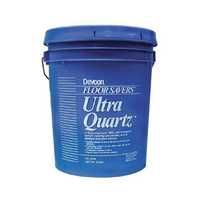Flooring & Floors
Floors are an essential component of any interior space, with a variety of options including hardwood, ceramic tile, carpet, and vinyl. However, in certain environments, particularly those that demand robust durability, two options often stand out: epoxy and polyurethane flooring systems.
Epoxy flooring is a high-performance solution that involves applying a thermosetting resin onto a concrete surface. This flooring excels in settings such as garages or industrial facilities due to its high strength and superior chemical resistance. It's highly resilient to various substances, facilitating easy maintenance. Moreover, the aesthetic versatility of epoxy flooring allows for an array of color and decorative choices, including unique 3D designs. Despite these advantages, epoxy flooring can become slippery when wet, and may be susceptible to damage from sharp or heavy objects. Over time, it might also discolor when exposed to direct sunlight.
Polyurethane flooring, while similar to epoxy, has its own distinct advantages and drawbacks. It offers a hard-wearing surface suitable for environments exposed to high levels of sunlight due to its UV resistance, meaning it won't yellow over time as epoxy might. Additionally, it tends to offer superior resistance to scratching. However, it doesn't fare as well as epoxy in terms of chemical resistance, which could lead to staining if harsh substances are spilled. And while durable, polyurethane tends to be thinner than epoxy, possibly necessitating more frequent maintenance.
Both epoxy and polyurethane are robust, visually appealing flooring systems, each with its own set of benefits and considerations. Choosing between them often depends on the specific needs and constraints of the environment in question.
Products
1 product from 1 company
